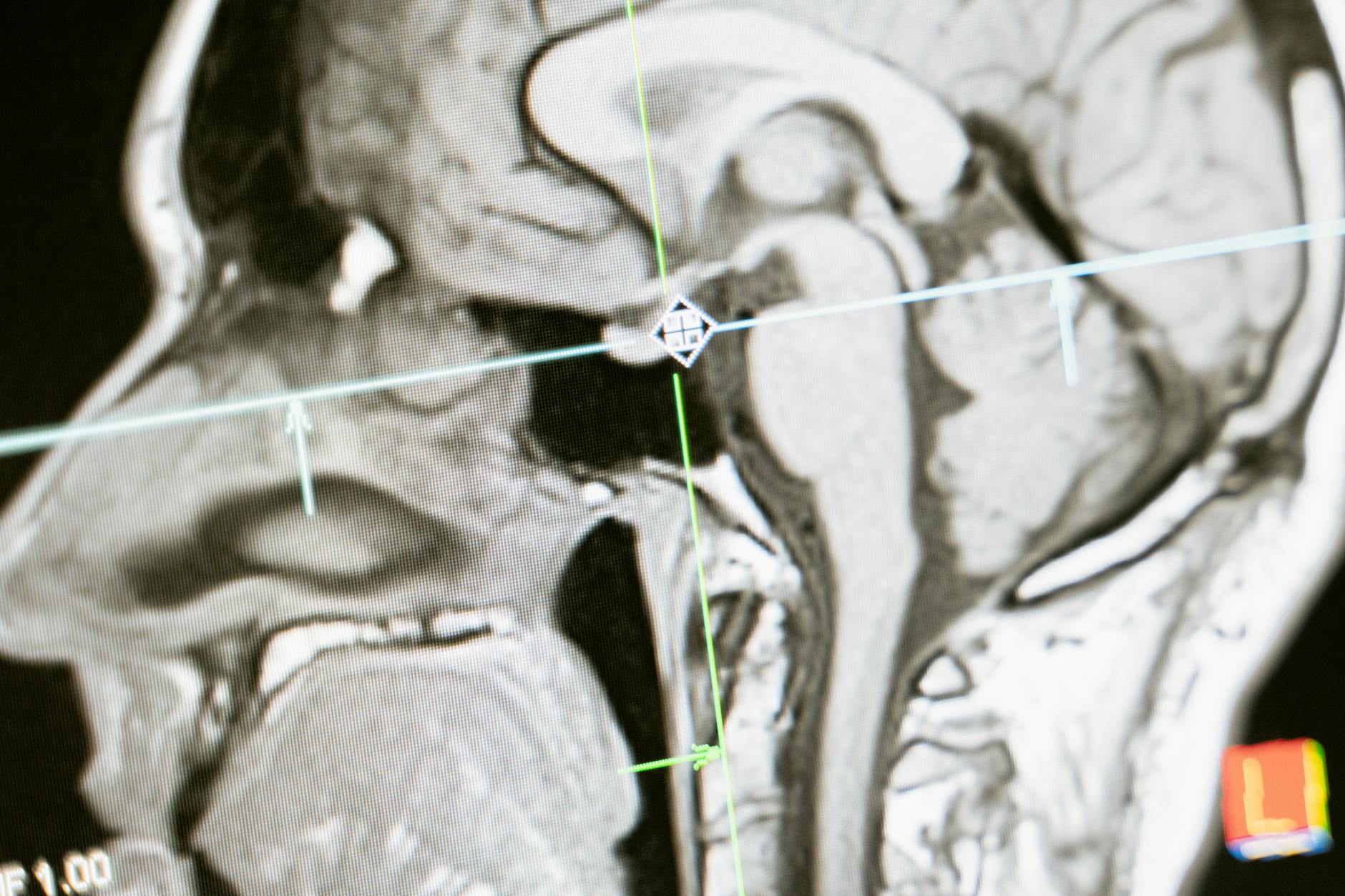
Radiology Tech Programs: Your 2025 Guide to Launching a Rewarding Career
Picture this: You’re standing in a dimly lit room, surrounded by humming machines, as a patient nervously grips the edge of the table. With a few taps on the console, you capture an image that could change their life. No, you’re not a superhero – you’re a radiology technologist, and this could be your everyday reality. If you’ve ever considered a career where you blend cutting-edge technology with human connection, radiology tech programs might just be your golden ticket.
What Are Radiology Tech Programs?
Radiology tech programs are specialized educational pathways that train students to become radiologic technologists. These professionals operate imaging equipment like X-rays, CT scanners, and MRIs to help diagnose medical conditions. Think of them as the photographers of the medical world – except their snapshots reveal bones, tissues, and hidden health clues instead of smiles.
The Three Main Types of Programs
- Certificate Programs: The express lane (12-18 months) for those with prior healthcare experience
- Associate Degrees: The sweet spot (2 years) combining classroom and clinical training
- Bachelor’s Degrees: The deep dive (4 years) for leadership roles or specialty areas
Why 2025 is the Perfect Time to Enroll
The radiology field isn’t just growing – it’s evolving at warp speed. Here’s what’s coming down the pipeline:
| Trend | Impact on Techs | How Programs Are Adapting |
|---|---|---|
| AI-Assisted Imaging | Less manual measurements, more analysis | New coursework in AI collaboration |
| Portable Equipment | More bedside imaging in ERs | Added training on mobile units |
| Specialization Boom | Higher pay for niche skills | More MRI/CT focus tracks |
Choosing Your Perfect Program: An Insider’s Checklist
Having visited over a dozen campuses and grilled countless graduates, here’s what really matters when selecting your program:
The Accreditation Gut Check
I once met a student who completed a beautiful, shiny program… that wasn’t accredited. Cue the sad trombone sound when they couldn’t sit for their ARRT exam. Always verify accreditation through JRCERT – it’s non-negotiable.
Clinical Rotation Real Talk
Classroom theory is great, but you’ll learn more in one week of clinicals than a month of lectures. My program rotated us through five different facilities – by graduation, I could adapt to any department’s workflow. Ask programs:
- How many clinical hours are required?
- What types of facilities are partners?
- Can students request specialty areas?
The Day-to-Day: Not Just Button Pushing
Contrary to what my uncle thinks (“So you just press the big red button?”), radiology techs wear many hats. On any given shift, you might:
- Calibrate equipment with the precision of a concert pianist tuning a Steinway
- Explain procedures to anxious patients in terms they understand (no medical jargon allowed)
- Collaborate with radiologists to capture the perfect diagnostic image
- Solve equipment quirks that would make even IT specialists scratch their heads
FAQs: Burning Questions Answered
How long does it take to complete a radiology tech program?
Most students complete associate degrees in 2 years, including clinical rotations. Certificate programs run 12-18 months for those with prior experience.
Is the job market saturated for radiology techs?
Far from it! The BLS projects 6% growth through 2032 – that’s about 15,000 new positions. Specialized techs in MRI or CT are especially in demand.
What’s the hardest part of radiology tech programs?
Students often struggle with radiation physics initially, but clinical rotations tend to be the real make-or-break moment. There’s no substitute for hands-on experience.
The Bottom Line: Is This Career Right For You?
After a decade in this field, I can confidently say radiology technology is perfect for people who:
- Geek out over technology but want patient interaction
- Thrive in fast-paced environments
- Enjoy solving visual puzzles (those X-rays don’t interpret themselves!)
- Want a career with clear advancement paths
If you’re nodding along, your next step is simple: Research accredited radiology tech programs in your area, schedule campus visits, and chat with current students. The healthcare world needs more skilled techs – why shouldn’t one of them be you?
Ready to explore programs? The American Society of Radiologic Technologists offers a fantastic program finder tool to start your journey today.
Related: Best gaming chair 2025
Related: Smart glasses 2025
Also read: DeepSeek
Also read: Amazon



Pingback: Best gaming cooler 2025 - previewkart.com